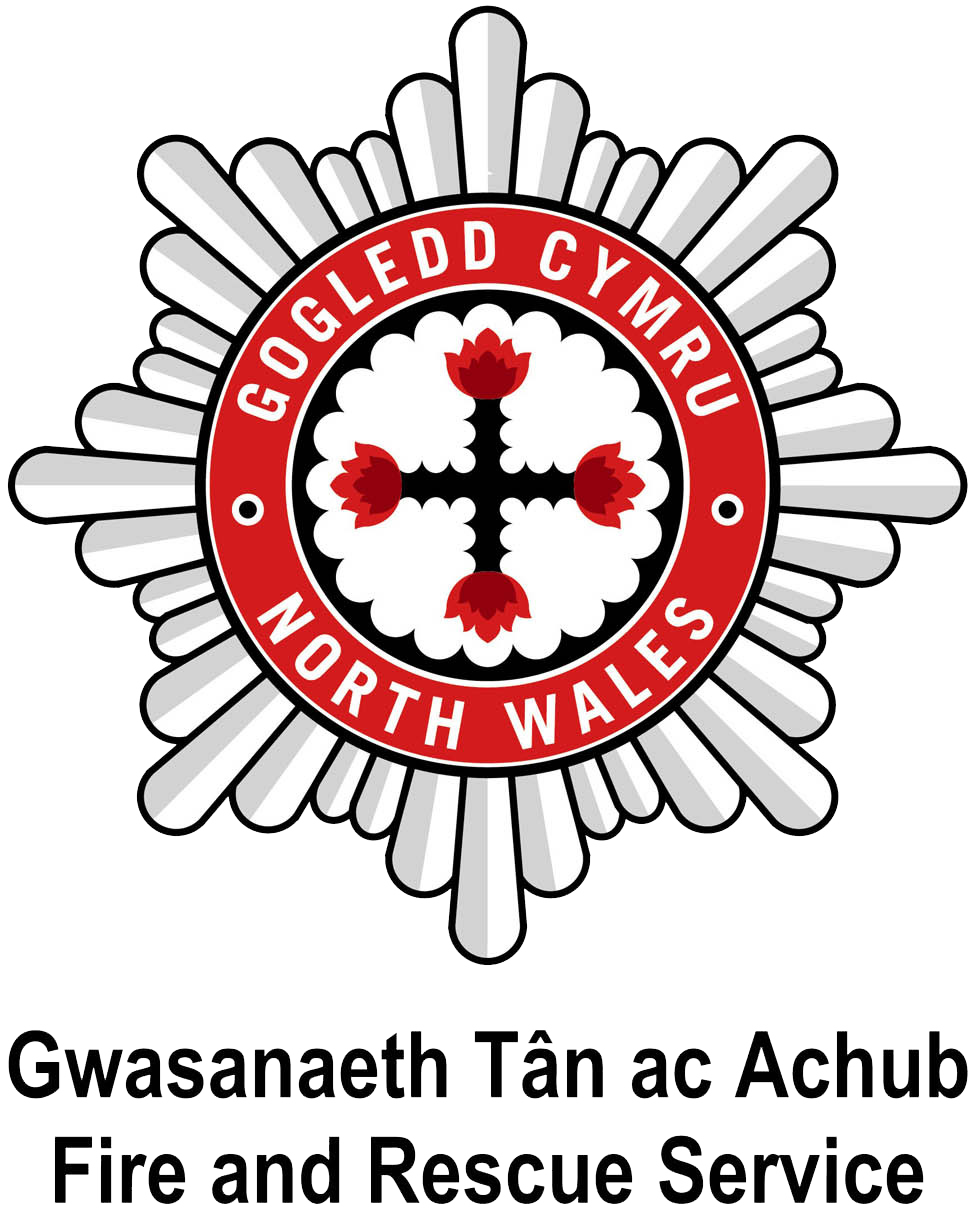Water safety
Stay safe around water
- Spot – spot the dangers
- Advice – follow safety signs and advice
- Friend – stay close to a friend or family member
- Emergency – shout for help and call 999 or 112
Messages
- Respect the water. Whatever your activity and your ability, the water can always catch you out. It’s easy to underestimate its power.
- Stay safe by spotting the dangers. You may swim well in a warm indoor swimming pool but that does not mean you will be able to swim in the cold water of the seas, rivers, quarries or reservoirs.
- Don’t ignore safety advice, special flags and notices that warn you of any dangers. Know what each sign means and what they’re telling you to do.
- Never swim alone as if you get into danger in open water, there’s someone who can get help. Children should always be accompanied by an adult.
- You should never go in the water after drinking. Alcohol is a contributing factor in many water related incidents as it seriously impairs your judgement, reactions and ability to swim.
- The effect on the body after entering cold water is often underestimated. Cold water shock can be a precursor to drowning.
- Take a minute. The initial effects of cold water pass in less than a minute so don’t try to swim straight away.
- Relax and float on your back to catch your breath. Try to get hold of something that will help you float.
- Keep calm then call for help or swim for safety if you’re able.
- Anything below 15ºC is defined as cold water and seriously affects breathing, as well as movement.
- Did you know the average UK sea temperature is just 12ºC? Rivers are colder than that, even in the summer. The risk of cold water shock is significant most of the year.
- It only takes half a pint of water to enter the lungs for a fully grown person to start drowning. Make sure you get medical care immediately.
- Taking part in leisure activities, in and around the water, is great fun. It’s not about stopping our communities from enjoying the waterways of the UK, but simply raising awareness of the potential risks and encouraging them to stay safe.
- 50% of people who drown, never expected to end up in the water.
The dangers of water
- It is very cold and could cause cold water shock or hypothermia.
- There may be hidden currents which could make it difficult to swim back to shore.
- It can be difficult to get out e.g. steep slimy banks.
- It can be deeper than it looks and can be difficult to estimate the water’s depth.
- In the water there may be hidden rubbish or debris e.g. shopping trolleys, broken glass.
- If swimming in rivers, quarries or reservoirs there will be no lifeguards around to help.
- The water may be polluted and cause illness.
In an emergency
- Ring 999 and ask for the Fire and Rescue Service if inland or Coastguard if at the coast.
- Shout to the person “Swim to me”.
- Throw them something to help them keep above the surface.
- Reach if possible to help them.
- Don’t go into the water, you can become another casualty.
- Keep eyes on them and gather information for the emergency services.
- Carry a means for calling for help.
- If you see someone who you think may be planning on harming themselves, call 999.
“On average 37 people die each year in water-related incidents in Wales.” – WAID Water incident database
“One person drowns every 20 hours in the UK.” – Royal Life Saving Society
“Drowning is the third highest cause of accidental death of children in the UK.” – Royal Life Saving Society
“40% of drowning victims never expected to be in the water.” – Royal Life Saving Society
Alcohol
“You should never go in the water after drinking. Alcohol is a contributing factor in many water related incidents. It can seriously impair your judgement, reactions and ability to swim. If you’re going to drink, save it for after you’ve been swimming. Lots of accidents relating to drink originate near, rather than in, the water. So if you’re out drinking near the sea or a river, look out for your mates.”
– Respect the Water RNLI campaign
Cold Water Shock
“The effect on the body of entering cold water is often underestimated. The shock can be the precursor to drowning. Anything below 15oC is defined as cold water and can seriously affect your breathing and movement. With average UK and Ireland sea temperatures at just 12oC, and rivers such as the Thames being colder even in the summer, the risk is significant most of the year. Cold water shock causes the blood vessels in the skin to close, which increases the resistance of blood flow. Heart rate is also increased. As a result the heart has to work harder and blood pressure goes up. Cold water shock can therefore cause heart attacks, even in the relatively young and healthy. The sudden cooling of the skin by cold water also causes an involuntary gasp for breath. Breathing rates can change uncontrollably, sometimes increasing as much as tenfold. All these responses contribute to a feeling of panic, increasing the chance of inhaling water directly into the lungs. This can all happen very quickly: it only takes half a pint of sea water to enter the lungs for a fully grown man to start drowning. You could die if you don’t get medical care immediately.”
– Respect the Water RNLI campaign
RNLI – Respect the Water Campaign
RLSS – Don’t Drink and Drown Campaign
Where to get advice during times of flooding
Members of the public are advised to contact Natural Resources Wales for advice.
If you require sandbags, please contact your local council rather than your local fire and rescue service. In busy periods, North Wales Fire and Rescue Service will prioritise calls to those where it is believed life is at risk.
For up to date information on flood warnings and advice, visit Natural Resources Wales - they monitor the weather situation closely and keep a close eye on river levels.
Residents can also contact Floodline on 0345 988 1188 using quickdial 194902 for up-to-date flooding information and advice in their local area.
Flood warnings are also broadcast on local TV and Radio, and check the North Wales Police website for the latest on road closures.
Click here to view a short video by Cheshire Fire and rescue Service about water safety.

